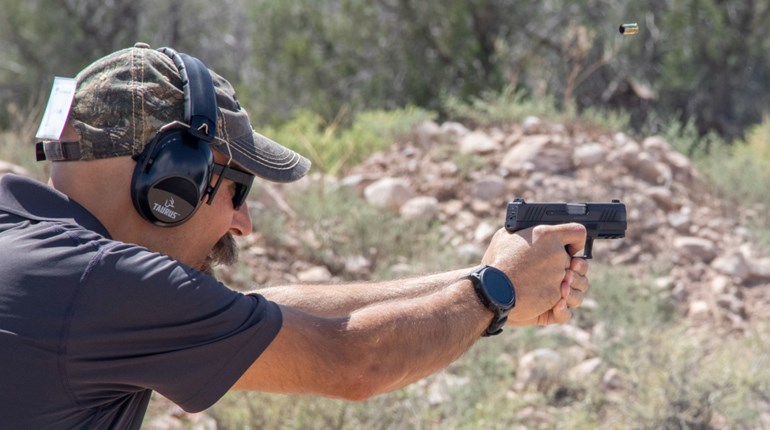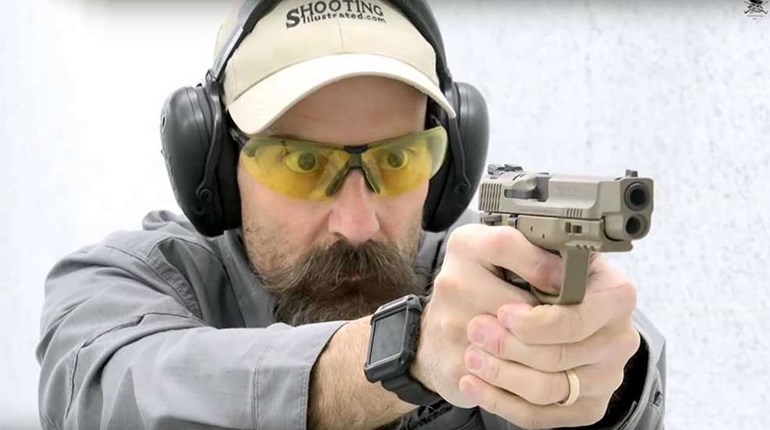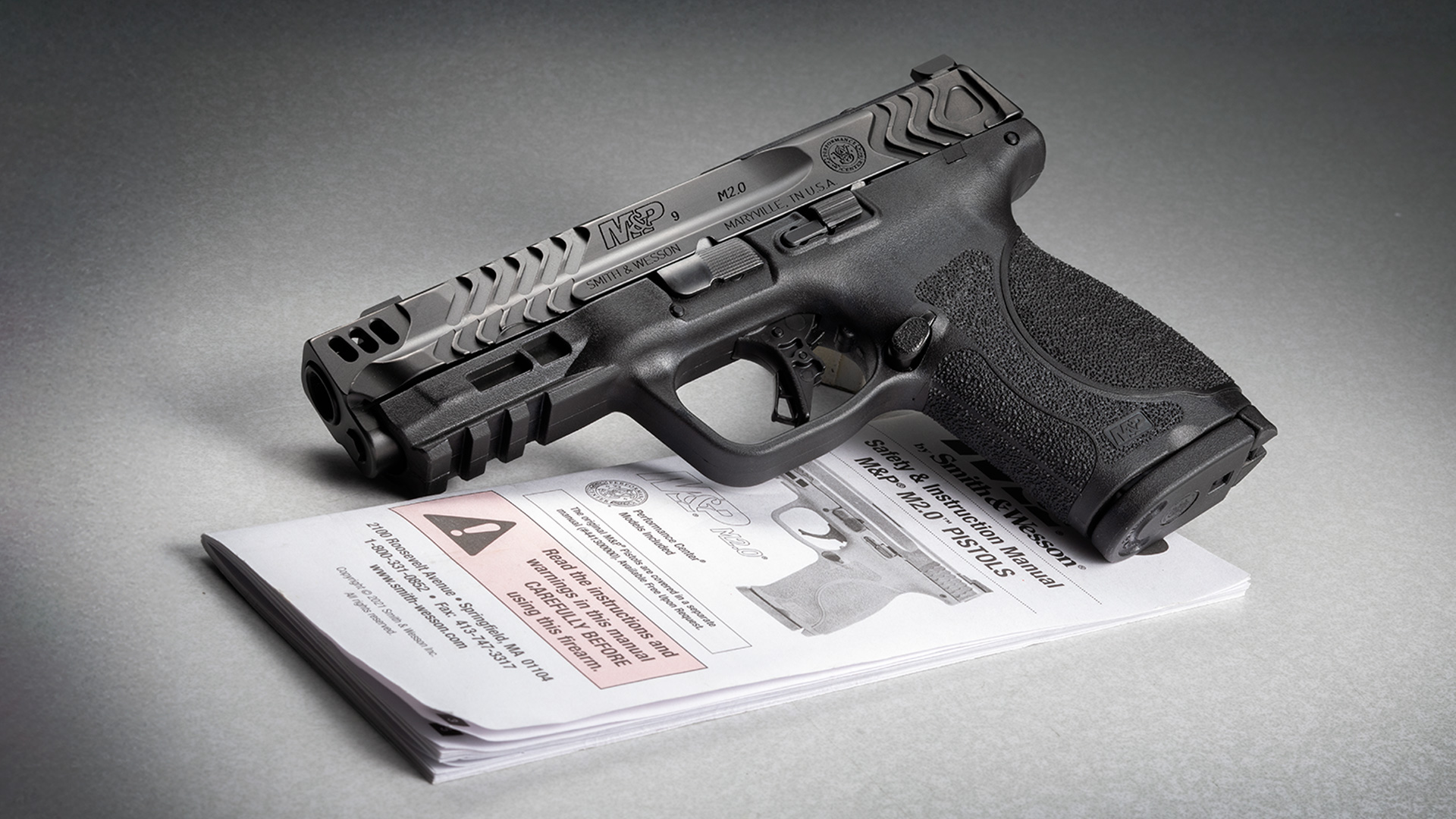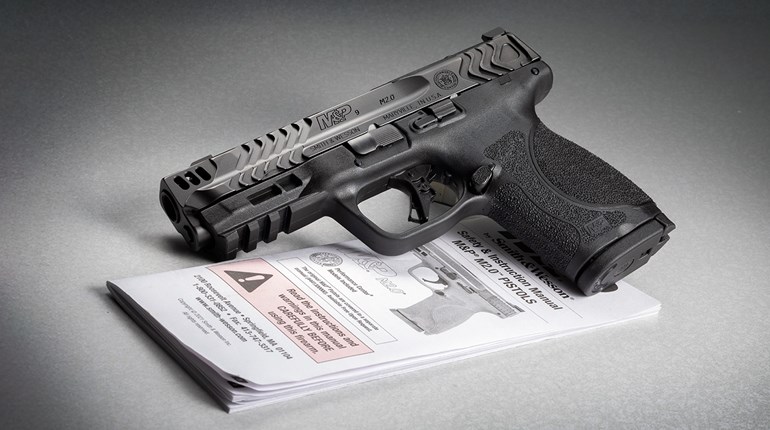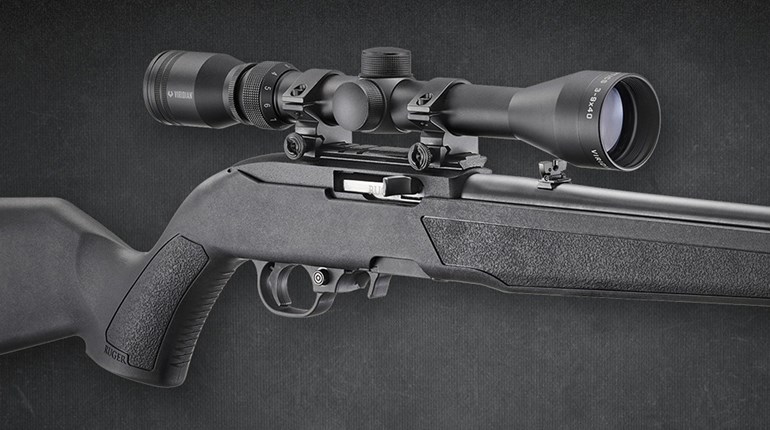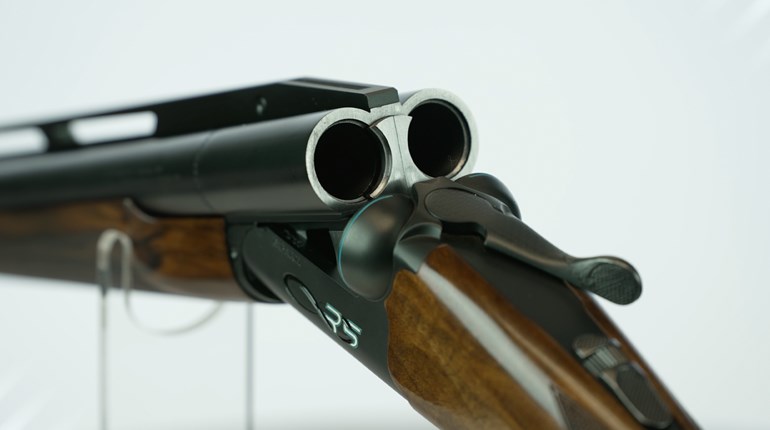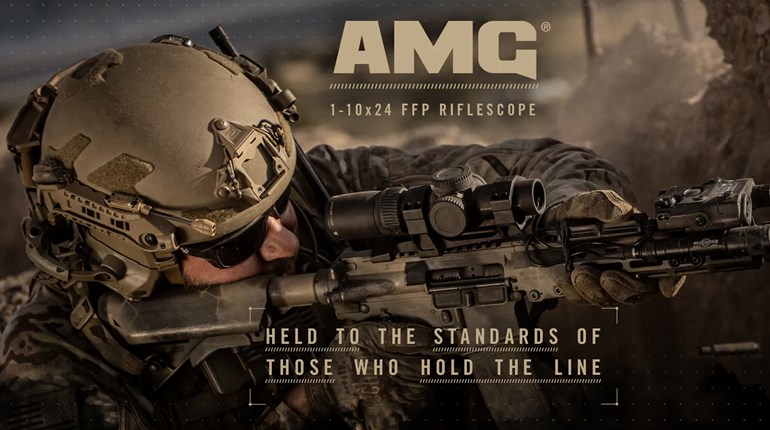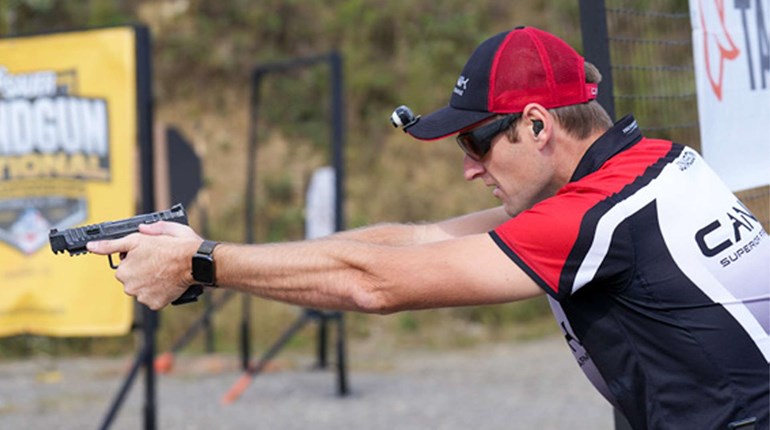
In the world of professional shooting, whether combative or competitive, mental discipline is the cornerstone of success for those aspiring to reach the next level. Shooting is as much a mental exercise as it is a physical one, requiring sharp focus, control and the ability to remain calm under pressure. Without a disciplined mind, even the most technically skilled shooter will struggle to perform consistently. Mastery in shooting involves training the mind to handle complex decisions, such as target prioritization and managing variables like time constraints or moving targets, all while maintaining precision.
The volume of mental discipline required in professional shooting is often underestimated. Many people assume that shooting well is primarily about physical skill and reflexes, but the mental aspect plays a much more critical role. Shooters must engage in meticulous planning, constantly rehearsing scenarios and potential outcomes in their minds before ever pressing that trigger. The ability to compartmentalize stress and maintain clarity is what separates the elite from the average.
Brainpower Over Firepower
The level of mental discipline demanded of a professional shooter is epic in scope, as the focus required are immense. This discipline is not just about staying calm in the heat of competition or conflict; it is about maintaining an unwavering mental framework that guides every decision. Like a warrior or a monk, the professional shooter must exhibit an epic level of mental fortitude, controlling not only their physical actions but also their emotions, thoughts, and reactions. A single lapse in mental focus can mean the difference between success and failure, making mental discipline an indispensable asset in this field.
There are two key divisions in the discipline required for professional shooting: mental discipline and visual discipline. Mental discipline involves cognitive processes like strategy, decision-making and focus, whereas visual discipline is about controlling what you see and how you interpret visual stimuli. Both forms of discipline must work in harmony to achieve optimal performance. In combat or competition, the brain must process multiple streams of information simultaneously, from evaluating threats to assessing environmental conditions, and all of this must be done without hesitation or doubt.
Mental discipline focuses heavily on procedure. Shooters must have a precise plan regarding how many rounds are needed for each target and in what order to engage them. The mental preparation for this requires a deep understanding of both the shooting scenario and the shooter’s own capabilities. Every decision must be firm, yet flexible enough to adapt to changes in the situation. This disciplined approach to procedure ensures that every shot is calculated and intentional, avoiding wasted rounds or unnecessary movements that could compromise efficiency.
Keep Your Eyes On The Prize
In contrast, visual discipline involves maintaining focus on the right elements during shooting. A common challenge for carry-optics shooters is the tendency to focus on the optic rather than the target itself. Aspiring professional shooters must train themselves to remain target-focused, ensuring that they are always visually locked onto their objective, rather than being distracted by their sights. This requires immense concentration, as shooters must learn to trust not only their training and equipment, but themselves while keeping their eyes on what truly matters—the target.
Visual discipline is particularly important in dynamic environments, where targets may be moving or obscured and distractions abound. The shooter must be able to distinguish between relevant and irrelevant visual information instantly, filtering out distractions and focusing solely on the critical aspects of the scenario. This kind of visual discipline is honed through repetitive training, where shooters practice maintaining target focus under varying conditions, from changing from single to multiple target engagements.
Mental and visual discipline are not isolated; they feed into and interact with each other. Mental clarity enhances the shooter’s ability to maintain visual focus, while strong visual discipline supports effective decision-making. In high-pressure situations, such as competitive stages or combative encounters, the shooter’s ability to synchronize these two forms of discipline is critical to success. The mental ability to stay calm and composed helps keep the eyes on target, and in turn, visual focus reinforces mental control.
The importance of mental discipline extends beyond the shooting range. Pre-visualization or cognitive rehearsal is a proven mental technique where shooters imagine themselves performing the drill or scenario perfectly before executing it, making it an essential part of training. By mentally rehearsing the sequence of actions and anticipating potential challenges, shooters can condition their minds to respond instinctively when the real moment arrives. This practice of mental rehearsal strengthens both cognitive and visual discipline, as the shooter becomes accustomed to anticipating their environment and fine-tuning their reactions accordingly.
In performance shooting, discipline is about consistency—ensuring that every practice session builds upon the last, integrating both mental and visual capabilities. A disciplined shooter knows that mastery is a long-term endeavor, requiring sustained effort and commitment.
Mind And Body Working As One
Ultimately, the mind-visual matrix forms the backbone of professional shooting, shaping a shooter’s ability to operate under pressure, maintain consistency and make rapid decisions. Whether in combative or competitive settings, those who excel in shooting do so not just because of physical skill, but because they have mastered the mental game.
The combination of precise mental control and sharp visual focus transforms a good shooter into an elite one, capable of excelling at the highest levels of performance. In professional shooting, the mind-visual matrix is not just a tool—it is the defining characteristic of success.













